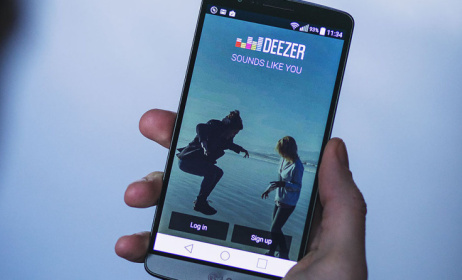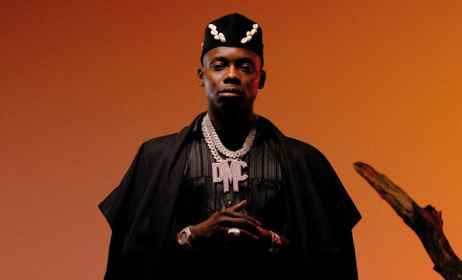Deezer takes on AI-generated music clones with transparency tools
France-based music streaming platform Deezer has announced that it is building a set of cutting-edge tools to ensure that the future of music streaming is transparent and fair, particularly in the wake of the growing popularity of AI-generated music.
 Deezer CEO Jeronimo Folgueira.
Deezer CEO Jeronimo Folgueira.
The company says the move aligns with its commitment to help artists monetise their music better, fight fraud, and create a better user experience for fans.
Deezer’s toolset will leverage years of research on Audio AI and content identification, starting with the company’s proprietary Radar technology. Radar can scan large catalogues of music, identifying any song even when the signal is distorted or tempo is changed, and is the foundation for Deezer’s current fraudulent content detection.
“With over 100 000 new tracks uploaded per day to our platform, it’s becoming increasingly important to prioritise quality over quantity and defend real artists that create truly valuable content,” Deezer CEO Jeronimo Folgueira said. “As a leading streaming platform, Deezer has a responsibility to create a fair and transparent environment for music consumption.
“Our goal is to weed out illegal and fraudulent content, increase transparency and develop a new remuneration system where professional artists are rewarded for creating valuable content. This is why we have embraced the discussion around a new artist-centric model, and we are now also developing tools to detect AI-generated content.”
By detecting AI-generated content on its platform, Deezer aims to develop a system for tagging music that has been created by generative AI, starting with songs using synthetic voices of existing artists. The tags will be used to keep artists, labels, and users informed of what’s “real” or AI-generated on the platform, reduce fraudulent activity, and ultimately develop a remuneration model that distinguishes between different types of music creation.
“AI can be used to create new incredible content and I believe there are massive benefits of using generative AI, but we need to ensure it’s done in a responsible way,” Folgueira added. “There’s an opportunity now to get things right from the start of the AI revolution, and not make the same mistakes as the social media giants did when fake news started to flood their platforms. We owe it to the artists and the fans.”
In April, during the company’s Q1 earnings call, Folgueira stressed the challenges and opportunities presented by AI for digital streaming platforms (DSPs). With DSPs already inundated with a large volume of new tracks daily, the AI phenomenon could worsen the problem by enabling creators to generate new audio files easily. Folgueira expressed the need to maintain high-quality content and a positive user experience while addressing the influx of AI-generated music. He mentioned that Deezer had used AI to generate content for its well-being app, Zen by Deezer, but clarified that they currently have no plans to create AI-generated music on the main Deezer platform, respecting the role of music labels.
In related news, last month, rival DSP Spotify started pulling down tens of thousands of AI-generated songs upon discovering that the tracks were being exploited by fraudulent accounts to claim royalties.
























Commentaires
s'identifier or register to post comments